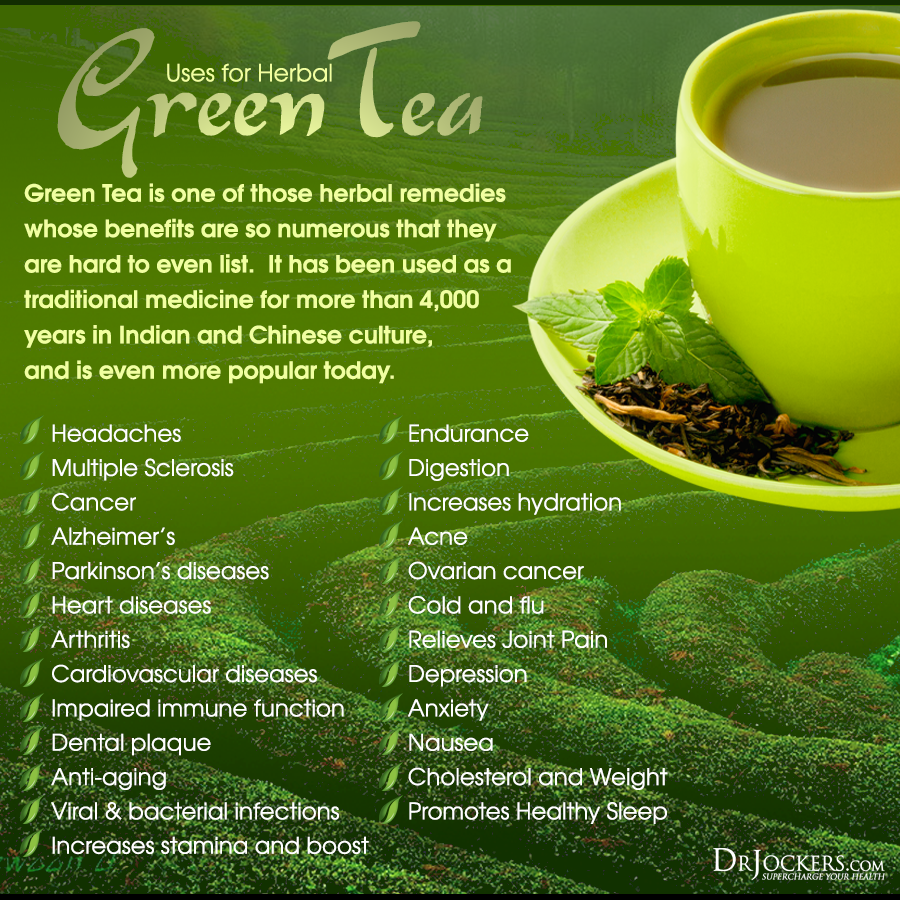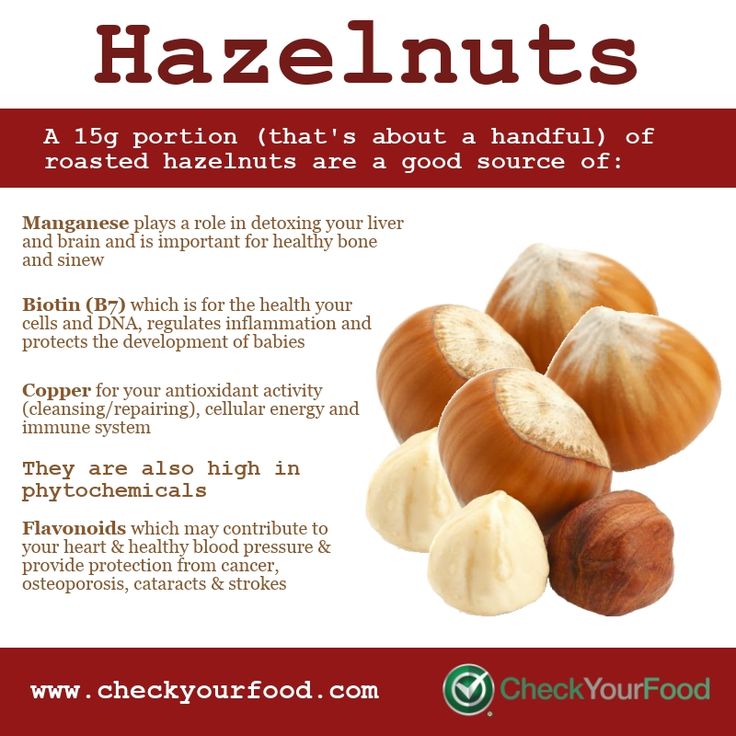Sip Your Way to Wellness: The Shocking Benefits of Green Tea – An Elixir Rediscovered
For millennia, nestled in the misty mountains and verdant valleys of Asia, a humble leaf has held court as a symbol of serenity, wisdom, and vitality. It is the leaf of Camellia sinensis, specifically processed to retain its vibrant green hue and potent character: green tea. Often dismissed as a mere beverage, a comforting ritual, or a gentle pick-me-up, the true depth of green tea’s power has, until recently, remained largely within the realm of ancient traditions and anecdotal evidence.
But as the veil of mysticism lifts under the probing gaze of modern science, what is being revealed is nothing short of astonishing. The "shocking benefits" are not sensationalized claims, but rather the meticulous confirmation of ancient wisdom, unveiling a complex symphony of compounds that work in concert to protect, heal, and optimize the human body. This isn’t just a drink; it’s a liquid gold, an elixir of life, a daily dose of preventative medicine, and a pathway to holistic wellness. Join us on a journey to rediscover the profound, often underestimated, power of green tea.
The Whisper of History: From Ancient Elixir to Global Phenomenon
Our story begins over 5,000 years ago in ancient China, where legend attributes the discovery of tea to Emperor Shen Nung, who, while boiling water, accidentally had tea leaves drift into his pot. The resulting aromatic brew was invigorating, and thus, tea was born. From its medicinal origins, tea evolved into a spiritual tool, particularly embraced by Buddhist monks who used it to maintain alertness during long meditations. It travelled across borders, finding a revered home in Japan, where it was elevated into an art form through the meticulous ritual of the tea ceremony, Chanoyu.
For centuries, green tea was revered as a health tonic, a panacea for various ailments, and a secret to longevity. Yet, the Western world, captivated by the robust flavors of black tea, largely overlooked its delicate green cousin. It was only in the late 20th and early 21st centuries, as scientific inquiry turned its attention to traditional remedies and dietary patterns of long-lived populations, that green tea began to shed its quiet humility and reveal its astonishing capabilities to a global audience. What science has found is not just surprising, but in many ways, revolutionary.
The Green Tea Symphony: Unpacking the Potent Compounds
To understand the "shocking benefits," we must first appreciate the intricate composition of green tea. Unlike black tea, which undergoes oxidation, green tea leaves are quickly steamed or pan-fired after harvesting to prevent this process. This crucial step preserves a rich array of polyphenols, catechins, and other bioactive compounds that are responsible for its therapeutic prowess.
At the heart of green tea’s power lies a group of antioxidants called catechins, particularly Epigallocatechin Gallate (EGCG). EGCG is the most abundant and most potent catechin, often hailed as the primary driver of many of green tea’s health benefits. But the symphony doesn’t end there:
- L-Theanine: An amino acid unique to tea, responsible for the calm, focused alertness often associated with green tea, without the jitters of coffee.
- Quercetin, Kaempferol, Myricetin: Other powerful flavonoids that contribute to antioxidant and anti-inflammatory effects.
- Chlorophyll: The pigment that gives green tea its color, also a potent detoxifier.
- Vitamins: Small amounts of Vitamin C, K, B vitamins, and folic acid.
- Minerals: Fluoride, manganese, potassium, magnesium, and calcium.
- Caffeine: Present in lower amounts than coffee, but working synergistically with L-theanine.
It is the synergistic interaction of these compounds, rather than any single one, that orchestrates green tea’s profound impact on wellness.
The Shocking Revelations: A Deep Dive into Green Tea’s Benefits
1. The Antioxidant Army: Guardians Against Oxidative Stress
Perhaps the most well-known, yet still profoundly important, benefit of green tea is its unparalleled antioxidant capacity. Our bodies are constantly battling free radicals – unstable molecules that cause oxidative stress, leading to cellular damage, inflammation, and contributing to chronic diseases like cancer, heart disease, and neurodegenerative disorders.
Enter EGCG and its catechin comrades. These polyphenols are formidable free radical scavengers, neutralizing these rogue molecules before they can wreak havoc. Studies have shown that the antioxidant power of green tea is significantly higher than that of many fruits and vegetables. This constant protection at the cellular level is foundational to virtually all other health benefits, acting as a daily shield for your body’s most vital components. The "shocking" part is the sheer efficiency and breadth of this protection, extending to DNA, proteins, and lipids, safeguarding the very blueprints and building blocks of life.
2. A Sharper Mind, A Calmer Soul: The Brain-Boosting Elixir
While coffee provides an undeniable jolt, green tea offers a different kind of cognitive enhancement – one that is both stimulating and serene. This unique effect is largely due to the harmonious interplay of caffeine and L-theanine.
Caffeine, a well-known stimulant, boosts alertness, reaction time, and memory. However, it can also cause jitters, anxiety, and sleep disruption in sensitive individuals. L-theanine, on the other hand, crosses the blood-brain barrier and increases the activity of the inhibitory neurotransmitter GABA, which has anti-anxiety effects. It also increases dopamine and the production of alpha waves in the brain, associated with a relaxed but focused state of mind.
The "shocking" benefit here is the synergy. L-theanine modulates the effects of caffeine, preventing the jitters while prolonging and smoothing out the alertness. This results in improved cognitive function – enhanced working memory, attention, and executive function – without the typical caffeine-induced restlessness. Furthermore, EGCG has shown neuroprotective properties, potentially guarding against age-related cognitive decline and diseases like Alzheimer’s and Parkinson’s by reducing oxidative stress and inflammation in the brain, and even promoting neurogenesis (the growth of new brain cells). Imagine a daily ritual that not only sharpens your focus for the day but also lays the groundwork for long-term brain health – a truly profound revelation.
3. The Heart’s Best Friend: Cardiovascular Harmony
Heart disease remains the leading cause of death globally, but green tea offers a compelling line of defense. Its benefits for cardiovascular health are multi-faceted and well-documented:
- Improved Cholesterol Levels: EGCG has been shown to reduce levels of LDL ("bad") cholesterol and triglycerides, while increasing HDL ("good") cholesterol. It achieves this by inhibiting the absorption of dietary fats and modulating cholesterol synthesis in the liver.
- Blood Pressure Regulation: Regular consumption of green tea can help lower both systolic and diastolic blood pressure, likely due to its effects on nitric oxide production, which helps relax blood vessels.
- Enhanced Endothelial Function: The lining of our blood vessels (endothelium) is crucial for maintaining vascular health. Green tea catechins improve endothelial function, making blood vessels more flexible and responsive, reducing the risk of plaque buildup (atherosclerosis).
- Anti-inflammatory Action: Chronic inflammation is a key driver of heart disease. Green tea’s potent anti-inflammatory compounds help soothe this systemic inflammation, protecting the heart and arteries.
The "shocking" aspect is the comprehensive nature of this protection. Green tea doesn’t just tweak one biomarker; it addresses multiple risk factors, working synergistically to create a more resilient cardiovascular system. It’s like having a daily guardian for your most vital organ.
4. Metabolic Maestro: Orchestrating Weight and Wellness
For many, the promise of a metabolic boost is a compelling draw, and green tea delivers, albeit not as a magic bullet, but as a powerful ally in weight management and metabolic health.
- Increased Fat Oxidation: EGCG has been shown to boost metabolism and increase fat oxidation, meaning your body burns more fat for energy, especially during exercise. It does this by inhibiting an enzyme that breaks down norepinephrine, a hormone that signals fat cells to break down fat.
- Thermogenesis: Green tea can increase thermogenesis, the body’s heat production, leading to more calories burned.
- Improved Insulin Sensitivity: By reducing inflammation and oxidative stress, green tea can help improve insulin sensitivity, which is crucial for preventing type 2 diabetes and managing blood sugar levels. This is a particularly "shocking" benefit, as insulin resistance is a pervasive modern health challenge.
- Gut Microbiome Modulation: Emerging research suggests green tea can positively influence the gut microbiome, fostering the growth of beneficial bacteria, which in turn can impact metabolism and weight.
While green tea alone won’t melt away pounds, integrating it into a healthy lifestyle significantly amplifies efforts, turning your body into a more efficient fat-burning and metabolically balanced machine.
5. Beyond the Sip: Cellular Longevity and Cancer Prevention
This is where green tea’s benefits become truly profound, touching upon the very mechanisms of aging and disease. While no single food can guarantee cancer prevention or immortality, green tea has emerged as one of the most promising dietary interventions in these areas.
- Apoptosis Induction: EGCG has demonstrated the ability to selectively induce apoptosis (programmed cell death) in cancer cells, without harming healthy cells. This is a crucial mechanism in preventing tumor growth.
- Inhibition of Angiogenesis: Cancer cells require a blood supply to grow and spread. Green tea catechins can inhibit angiogenesis – the formation of new blood vessels – thereby starving tumors.
- DNA Repair and Protection: Its potent antioxidant activity protects DNA from damage that can lead to mutations and cancer development.
- Anti-inflammatory and Immunomodulatory Effects: By reducing chronic inflammation and supporting immune function, green tea creates an environment less conducive to cancer initiation and progression.
- Autophagy Promotion: A truly "shocking" and cutting-edge discovery is green tea’s role in promoting autophagy – the body’s natural cellular cleansing process, where damaged cells and components are recycled and removed. Autophagy is critical for cellular health, longevity, and disease prevention.
Numerous epidemiological studies have linked regular green tea consumption to a reduced risk of various cancers, including breast, prostate, colorectal, and lung cancer. While research is ongoing and green tea is not a cure, its consistent role as a powerful preventative agent, operating at the cellular level, is a testament to its extraordinary power.
6. Gut Feeling: Nurturing the Inner Ecosystem
The gut is increasingly recognized as our "second brain," influencing everything from immunity to mood. Green tea plays a surprisingly beneficial role in maintaining a healthy gut:
- Prebiotic Effects: Certain compounds in green tea can act as prebiotics, nourishing beneficial gut bacteria and promoting a diverse microbiome.
- Anti-inflammatory for Gut Lining: The anti-inflammatory properties of catechins can help soothe inflammation in the gut lining, potentially benefiting conditions like irritable bowel syndrome (IBS) and inflammatory bowel disease (IBD).
- Antimicrobial Properties: Green tea can inhibit the growth of certain harmful bacteria and pathogens in the gut, contributing to overall gut health.
The "shocking" implication is that your daily cup of green tea is not just nourishing you directly, but also nurturing the trillions of microbes within you that are fundamental to your well-being.
7. Radiant Skin and a Brighter Smile: Beauty from Within
Green tea’s benefits extend to our outer appearance and oral health, reinforcing the idea of holistic wellness.
- Skin Protection: EGCG’s antioxidant and anti-inflammatory properties help protect the skin from UV radiation damage, reduce signs of aging (like wrinkles and fine lines), and soothe inflammatory skin conditions. Topical application of green tea extracts is also popular for these reasons, but internal consumption provides systemic benefits.
- Oral Health: Green tea contains catechins that can inhibit the growth of bacteria responsible for bad breath (halitosis), plaque formation, and cavities. It can also reduce inflammation in the gums, contributing to better periodontal health.
Who knew that a simple sip could be a secret weapon in your beauty and dental care arsenal?
8. Immunity’s Ally: Fortifying Your Defenses
A robust immune system is our first line of defense against illness. Green tea bolsters this system in several ways:
- Antimicrobial Action: Catechins have demonstrated direct antimicrobial and antiviral properties, helping to ward off common infections.
- Immunomodulation: Green tea can modulate immune responses, helping the body to respond appropriately to threats without overreacting (which can lead to autoimmune issues).
- Vitamin and Mineral Support: While in small amounts, the vitamins and minerals present contribute to overall immune function.
Regular consumption can therefore lead to fewer colds, less severe infections, and a more resilient immune system, a "shocking" testament to its protective power.
The Art of the Sip: Making Green Tea a Lifestyle
Embracing green tea for its profound benefits means understanding how to choose, brew, and integrate it into your daily life.
Choosing Your Green Tea: A World of Nuance
Not all green teas are created equal. The quality, processing, and region of origin significantly impact its flavor profile and beneficial compound content.
- Matcha: A finely ground powder of specially grown and processed green tea leaves. It’s known for its vibrant green color, rich umami flavor, and extremely high concentration of EGCG because you consume the entire leaf. This is often considered the pinnacle of green tea benefits.
- Sencha: The most popular green tea in Japan, characterized by its fresh, grassy, and slightly astringent taste.
- Gyokuro: A shade-grown tea, similar to matcha in its growing method, resulting in a sweeter, less astringent flavor and higher L-theanine content.
- Bancha: A coarser, lower-grade tea, often harvested later in the season.
- Genmaicha: A blend of green tea and roasted brown rice, offering a unique nutty flavor.
- Chinese Green Teas: Such as Dragonwell (Longjing) or Gunpowder, known for their distinct flavors and processing methods.
Opt for organic, loose-leaf teas whenever possible, as they generally offer superior flavor and higher concentrations of beneficial compounds compared to tea bags, which can sometimes contain lower-grade tea dust and microplastics.
The Ritual of Brewing: Unlocking the Potency
Brewing green tea is an art that significantly impacts its taste and the extraction of its beneficial compounds.
- Water Quality: Use filtered water, ideally not distilled, for the best flavor.
- Temperature is Key: Unlike black tea, green tea is delicate. Boiling water will scald the leaves, resulting in a bitter taste and potentially degrading some compounds. Aim for water between 160°F (70°C) and 185°F (85°C). For more delicate teas like Gyokuro, even lower temperatures are preferred.
- Steeping Time: This also varies. Generally, 1-3 minutes is sufficient. Shorter steeps yield a lighter, sweeter brew; longer steeps can extract more catechins but also more tannins, leading to bitterness. Experiment to find your preference.
- Quantity: Use about 1 teaspoon of loose-leaf tea per 8 ounces of water, or follow package instructions.
- Re-steeping: High-quality green teas can often be re-steeped multiple times, offering different flavor profiles with each infusion.
Mindful Integration: Making Green Tea a Lifestyle
To truly harness the "shocking benefits," consistency is key. Aim for 2-3 cups of green tea daily.
- Morning Ritual: Replace your second cup of coffee with green tea for focused energy without the jitters.
- Afternoon Pick-Me-Up: Combat the afternoon slump with a refreshing cup.
- Before Meals: Some studies suggest drinking green tea before meals can aid digestion and metabolism.
- Avoid on an Empty Stomach: For some sensitive individuals, drinking strong green tea on an empty stomach can cause nausea due to its tannin content.
- Consider Iron Absorption: Green tea can slightly inhibit the absorption of non-heme iron (iron from plant sources). If you are iron deficient, consider drinking green tea between meals rather than with them, or pair it with vitamin C-rich foods, which enhance iron absorption.
- Listen to Your Body: While generally safe, be mindful of your caffeine intake, especially if sensitive.
The Green Revolution: A Paradigm Shift in Wellness
The journey from ancient elixir to modern scientific marvel reveals that green tea is far more than just a pleasant drink. It is a powerful, accessible, and enjoyable tool for profound wellness. The "shocking benefits" are not just isolated health improvements; they represent a holistic approach to disease prevention, cognitive enhancement, metabolic balance, and cellular longevity.
In an age where health is increasingly complex and often feels beyond our control, green tea offers a simple, ancient wisdom, validated by cutting-edge science. It empowers us to take a proactive role in our health, one mindful sip at a time. So, next time you reach for that cup, remember the rich history, the intricate chemistry, and the astonishing benefits contained within those vibrant green leaves. You’re not just enjoying a beverage; you’re participating in a timeless ritual of wellness, inviting vitality, clarity, and serenity into your life. Sip your way to a healthier, more vibrant you. The shocking truth is, it works.







